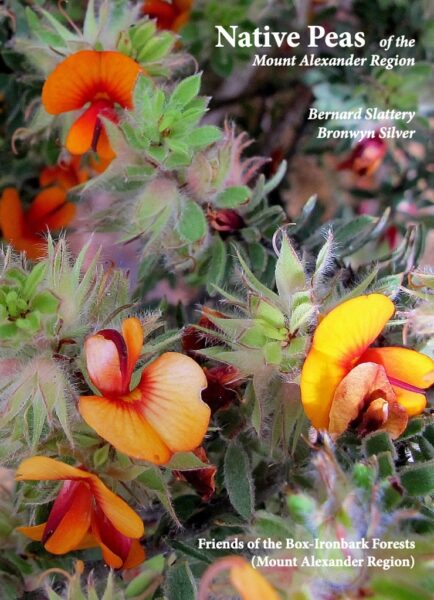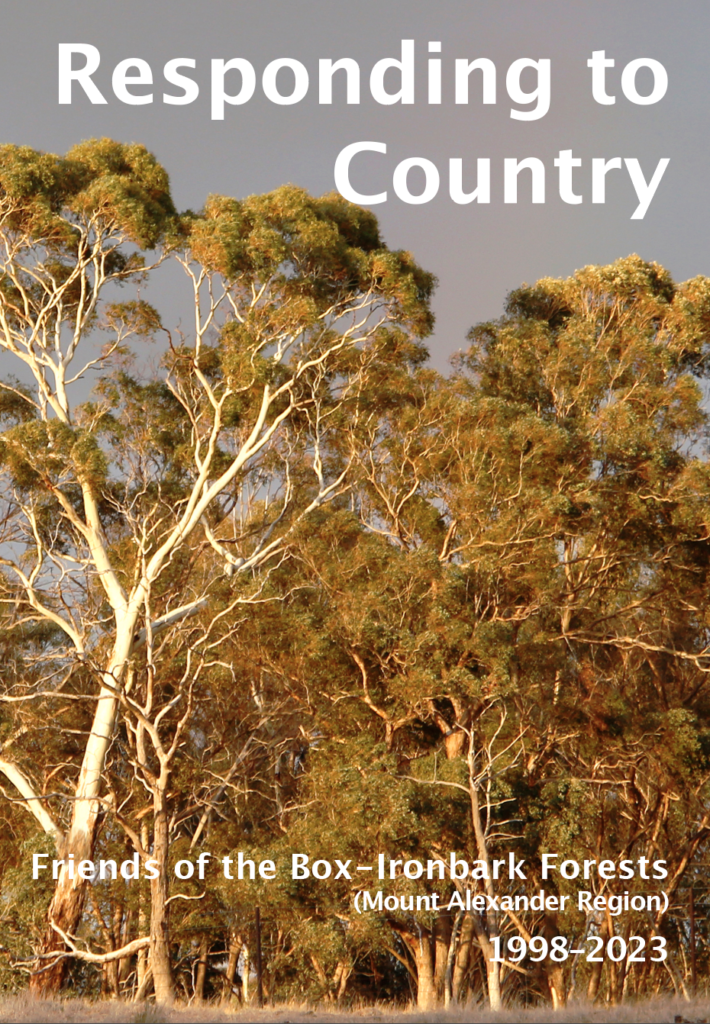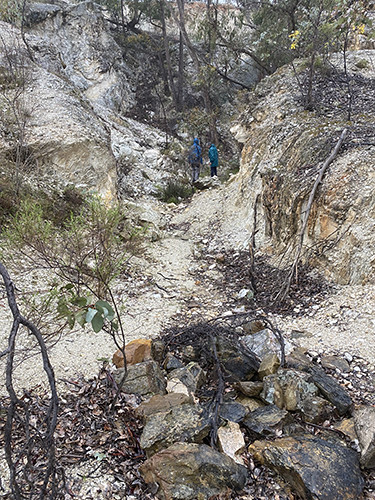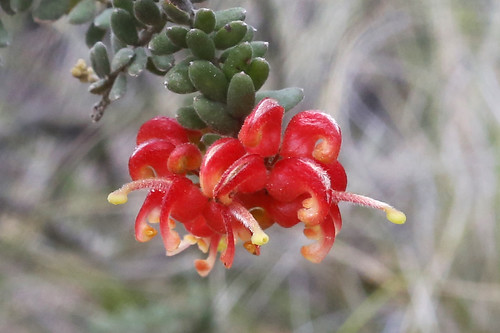One way of plugging the knowledge gap is by…listening more carefully. Andrew Skeoch’s book Deep Listening to Nature offers some keys on how to go about it.
The striking achievement of this book is that it seduces readers into actively focusing on sound: partly through an engaging writing style, and partly via the fact that it’s accompanied by an easily accessible set of soundscapes. The trick is, you access the Listening Earth website via a simple click with your device; references to birdsong are ‘illustrated’ by a recording of the sound itself. This is not just a perfect book for bird enthusiasts, but a wonderful aid for anyone who wants to hear and understand what’s happening in the natural world. What does a robin’s song mean? What’s the point of that monotonous pigeon ‘ooom’? Is birdsong really music? Is the Butcher Bird a better singer than the Nightingale? Oh, and what about this: ‘Why biodiversity?’
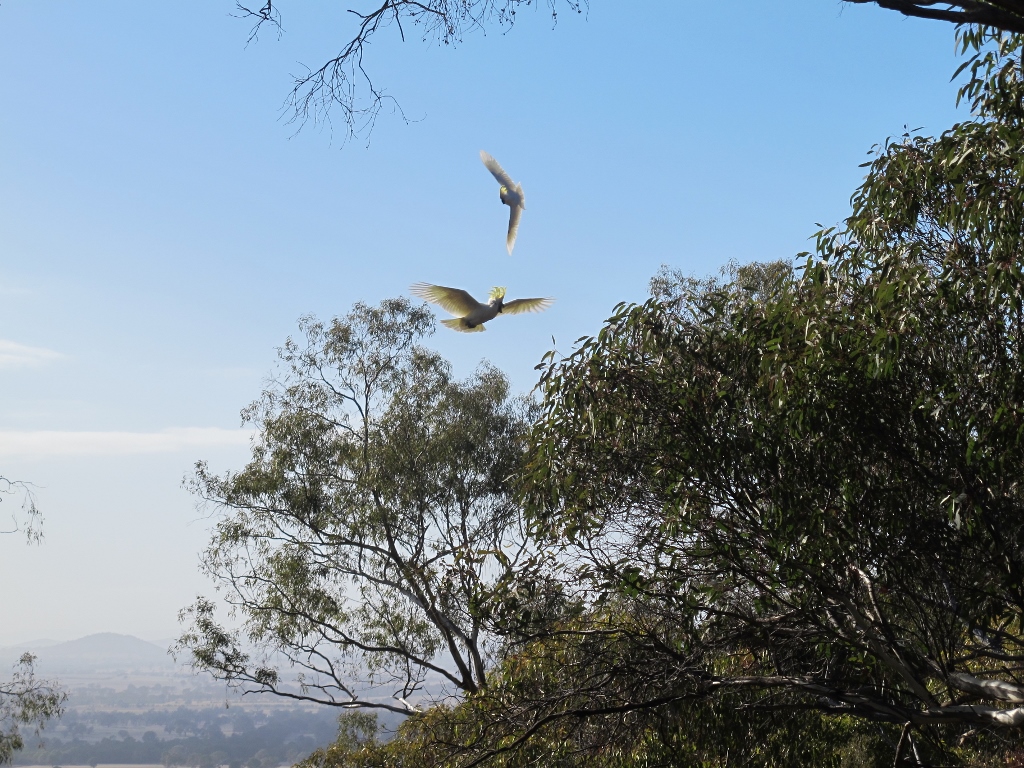
‘Cockatoos are intelligent creatures…’ ‘Their call is a big sound that tears at the air…Toneless and chaotic, they are nevertheless expressive…’
Very big questions are posed here, and some provocative answers provided. The theme throughout, however is that ‘deep listening’ is a form of concentrated attentiveness and openness to nature: ‘If nature can be thought of as a game of sustaining life, then by listening, we can hear its rules of play.’
What’s really great about this book is that although some pretty challenging ideas are put forward, the language is clear, and the tone is accommodating. Andrew is not scared to throw in the occasional unexpected ‘cultural’ reference—for example, to Doctor Who’s brilliant summing up of Time as ‘wibbly wobbly, timey wimey…stuff’; or to Saint Francis’s legendary duet with a nightingale. (The saint conceded that the bird was the better singer).
An additional benefit for our readers is that Andrew lives in this region: so that while the book ranges all over the globe, there are plenty of local references which readers can quickly set against their own experiences.
The sound track to the book is available separately at https://listeningearth.com/andrewskeoch/soundtrack.html
Check it out…and get the book.


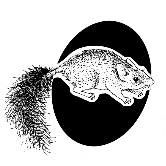
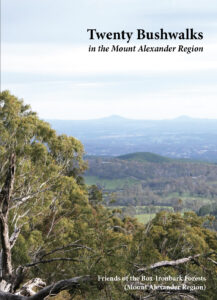
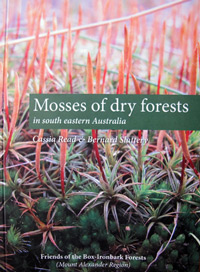 Click on image for info/order page
Click on image for info/order page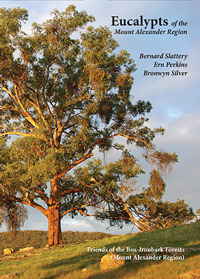 Click on image for info/order page
Click on image for info/order page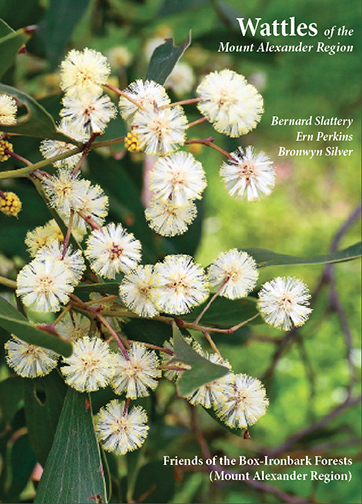 Click on image for info/order page
Click on image for info/order page